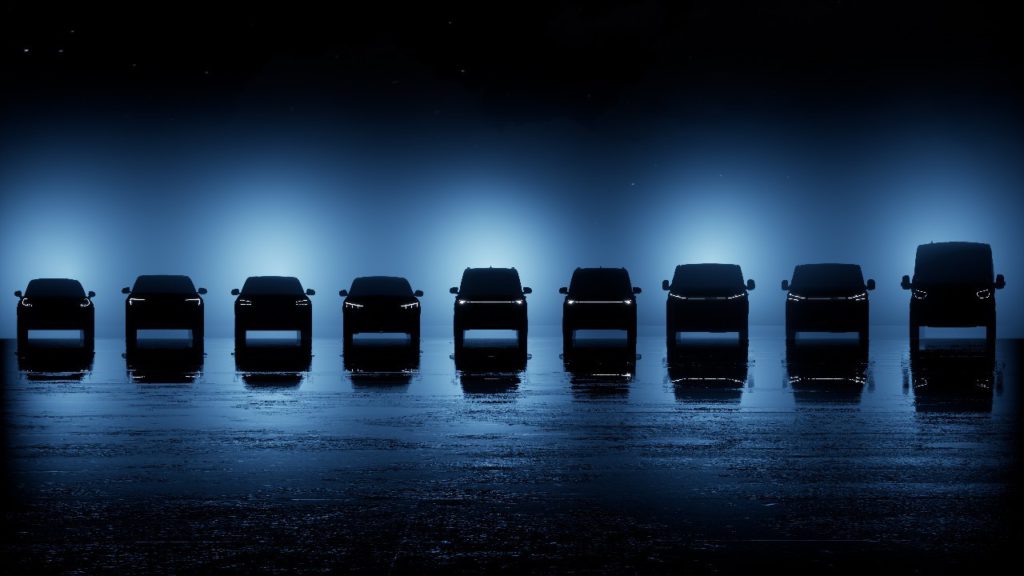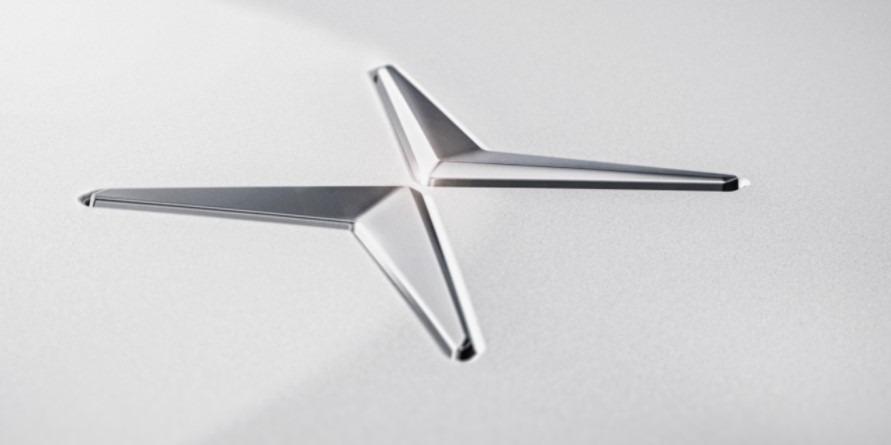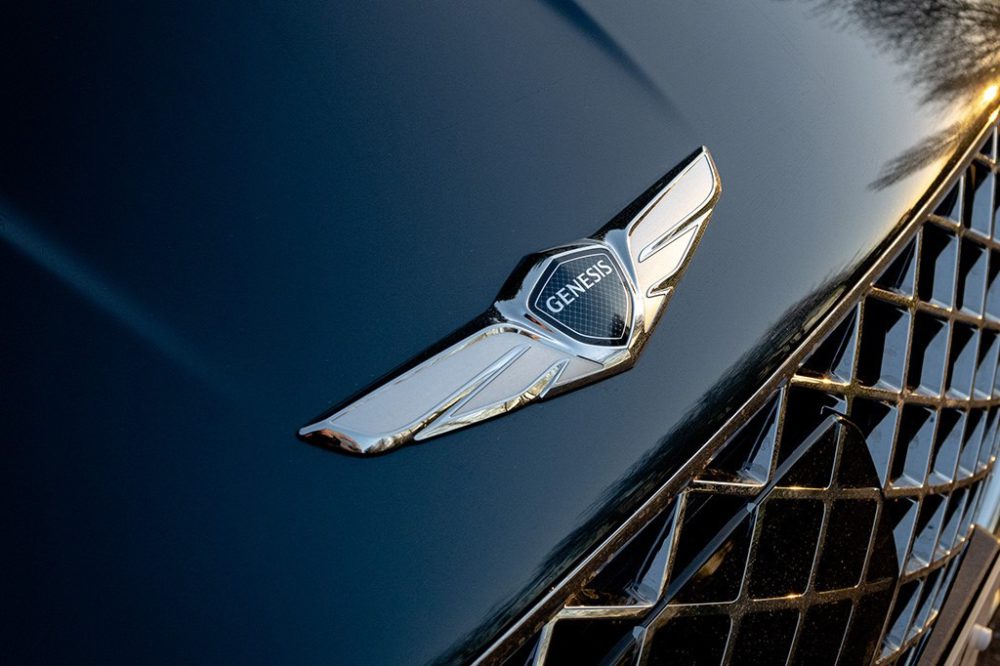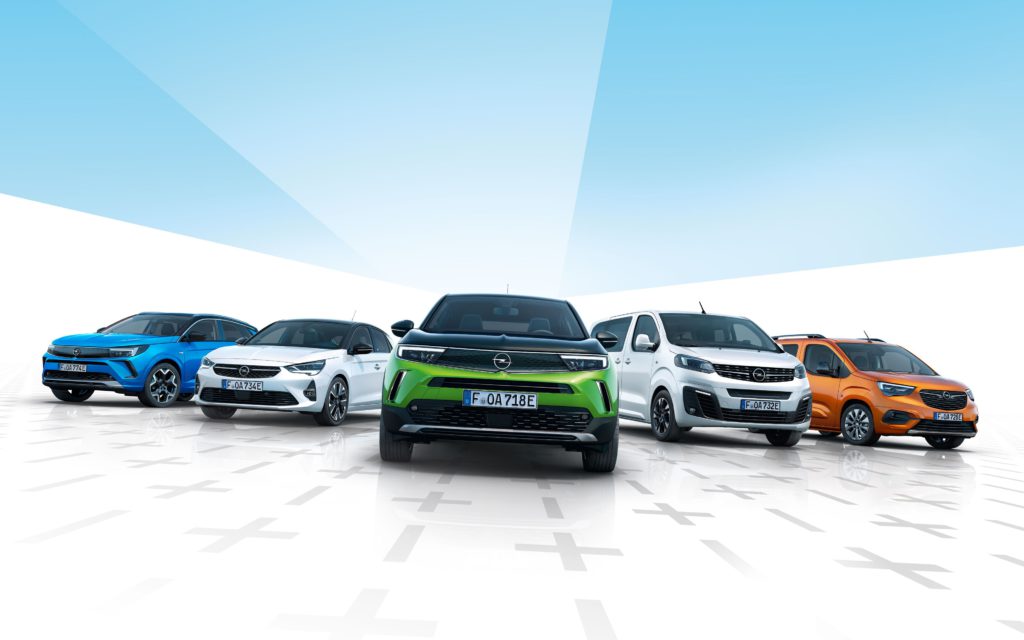Ford to introduce seven new EVs in Europe by 2024
14 March 2022

Ford is planning to release three new all-electric passenger cars and four pure-electric commercial vehicles in Europe by 2024. The carmaker expects to be selling more than 600,000 electric vehicles (EVs) in the region by 2026.
The strategy comes under the Ford+ electrification plan announced in May 2021. More recently, the company said it would form two separate ventures. Ford Blue will concentrate on internal-combustion engines (ICE) and Ford Model e will focus on EVs.
‘Our march toward an all-electric future is an absolute necessity for Ford to meet the mobility needs of customers across a transforming Europe,’ said Stuart Rowley, chair of Ford of Europe. ‘It is also about the pressing need for greater care of our planet, making a positive contribution to society and reducing emissions in line with the Paris Climate Agreement.’
Ford also confirmed it is targeting zero emissions for all vehicle sales in Europe by 2035. This includes carbon-neutrality across its facilities, logistics and suppliers in the region. Its collaborative efforts will take a step up too as it signs a Memorandum of Understanding (MoU) with SK On Company and Koç Holding to build a battery-production site in Turkey.
MEB-based
One of the first new EVs from Ford will be a five-seat mid-sized crossover built in Cologne, Germany, next year. Targeting this segment makes sense for the carmaker, as SUVs and crossovers accounted for 58% of all its passenger-car sales on the continent, up nearly 20 percentage points from 2020.
The new vehicle’s name will not be revealed until later this year, but Ford did claim it will be capable of travelling 500km on a single charge. This will be in part thanks to Volkswagen (VW) Group’s Modular Electric Platform (MEB), which underpins the ID. family alongside 10 electric models from five brands.
‘Profitability and speed are now crucial for finally achieving the breakthrough of e-mobility in Europe. We are tackling both together with Ford. Today’s agreement will further accelerate the electrification of the two companies,’ said Thomas Schmall, VW Group board of management member for technology and CEO of VW Group Components.
‘This is also proof of the strengths of the MEB, which provides a unique package of high-tech, competitive costs and speed in implementing projects. The electric platform is thus the ideal solution for companies looking to speed up their electrification,’ he added.
Cars from Cologne
In 2024, Ford plans for a second EV to follow the MEB-based mid-sized crossover down Cologne’s assembly line. This model will take production at the Ford Cologne Electrification Centre up to 1.2 million vehicles over a six-year time frame. Investment in the site’s EV output is expected to reach $2 billion (€1.8 billion).
Elsewhere, the brand’s top-selling passenger-car in Europe, the Ford Puma, will be made available as an EV, with production in Craiova, Romania. Ford Otosan will take ownership of the plant and its manufacturing business, subject to regulatory approval and consultation. Ford Otosan is a joint venture between the American carmaker and Koç Holding.
The carmaker will also bolster its Transit range with four new electric models. These include a new Transit Custom one-tonne van and a Tourneo Custom multi-purpose vehicle in 2023. A smaller Transit Courier van and Tourneo Courier multi-purpose vehicle will follow in 2024.
‘These new Ford electric vehicles signal what is nothing less than the total transformation of our brand in Europe – a new generation of zero-emission vehicles, optimised for a connected world, offering our customers truly outstanding user experiences,’ said Rowley.
Manufacturing MoU
To support this boost in EV production, Ford’s new non-binding MoU with SK On and Koç will form the basis of a new joint venture based near Ankara, Turkey. The site will manufacture high-nickel NCM (nickel, cobalt, manganese) cells for assembly into battery array modules. Production is expected to kick off as early as the middle of the decade, with an annual capacity in the range of 30GWh to 45GWh.
The investment from the three companies, including support from the Turkish government, promises to benefit large and small commercial-vehicle operators across Europe. This includes reducing energy and running costs and contributing to CO2 reduction.
‘This strategic move is not only a testament to Turkey’s potential, but also brings our country a significant global competitive edge in battery production,’ said Levent Çakıroğlu, CEO of Koç. ‘The long-standing history and domestic leadership position of Koç Group in the auto industry, the trust and commitment of our partner Ford, and the deep-rooted experience of SK Innovation, further solidify our confidence in this project.’



